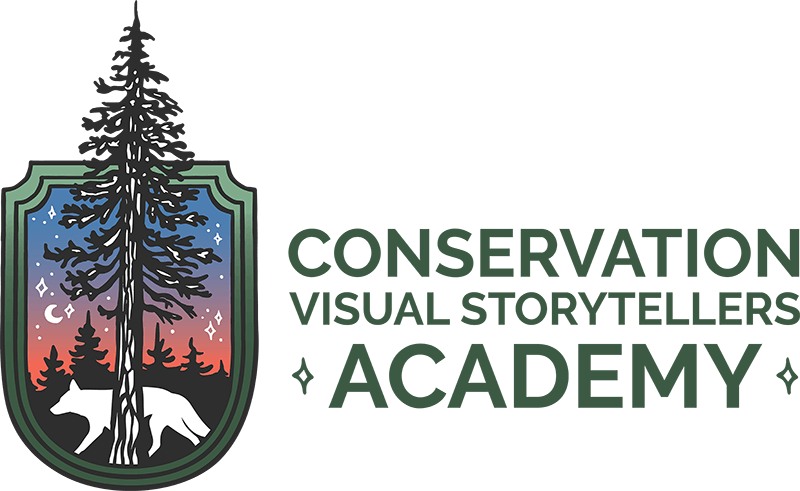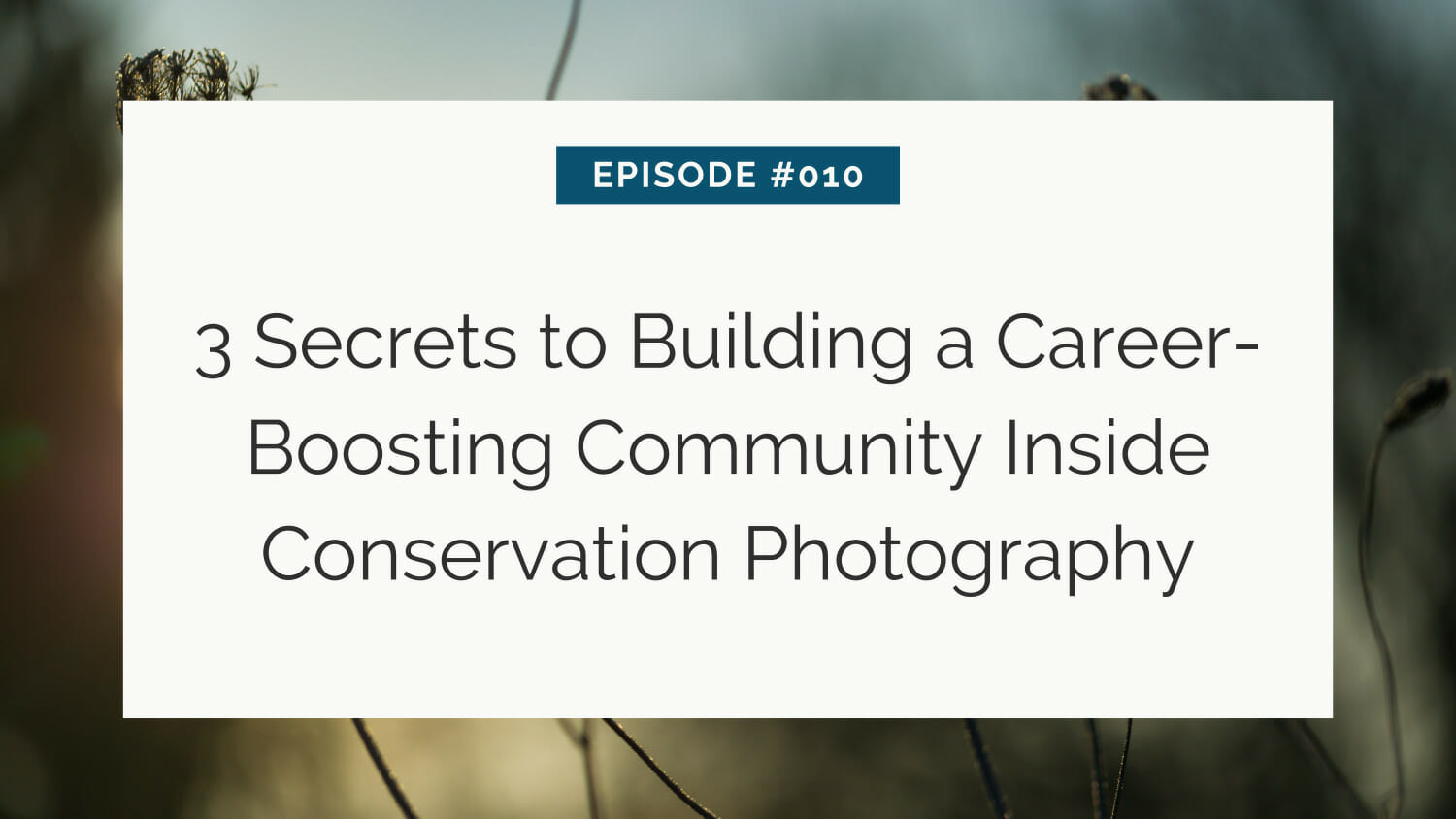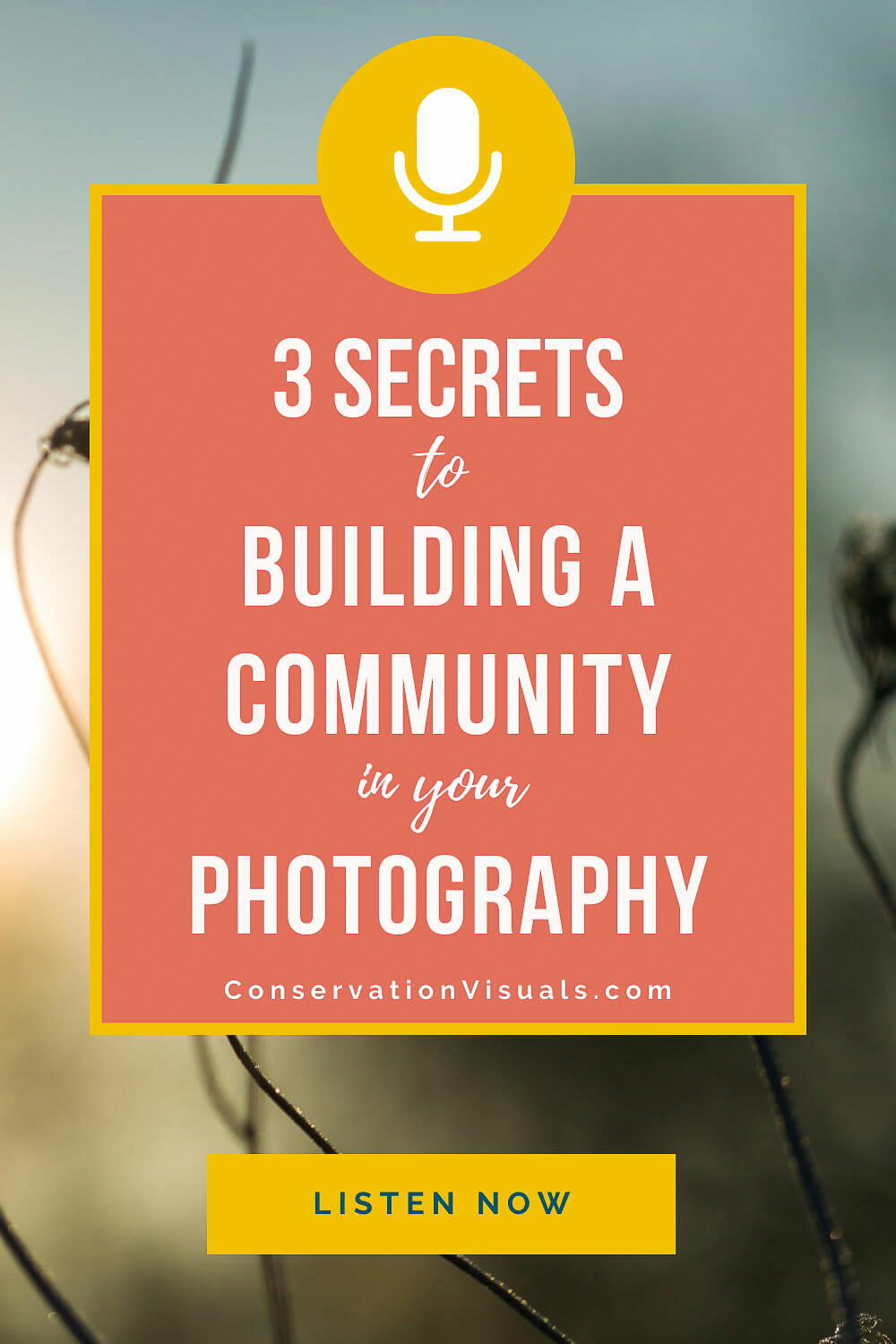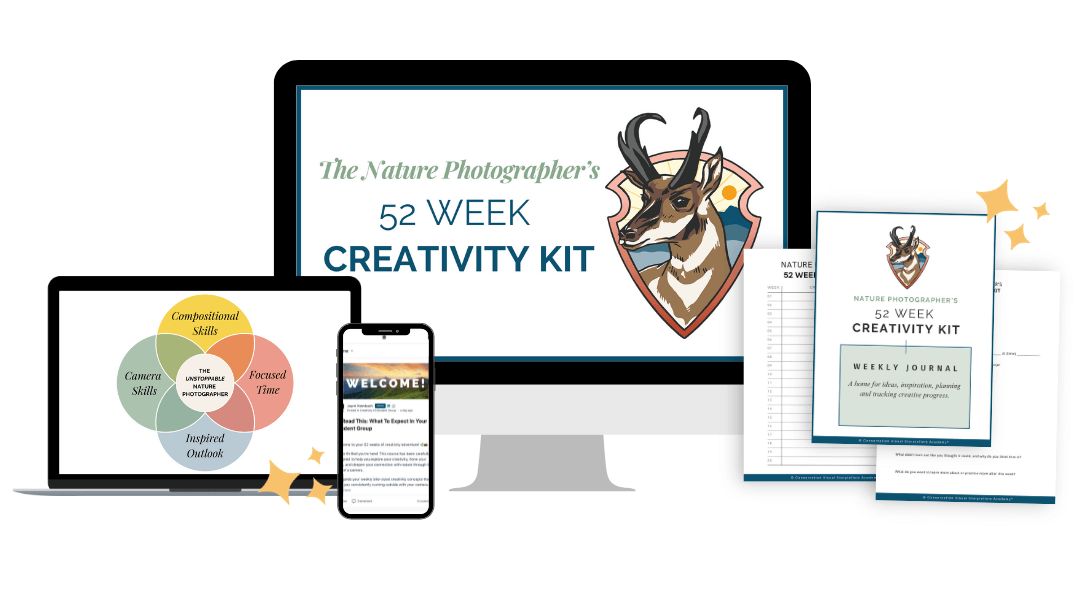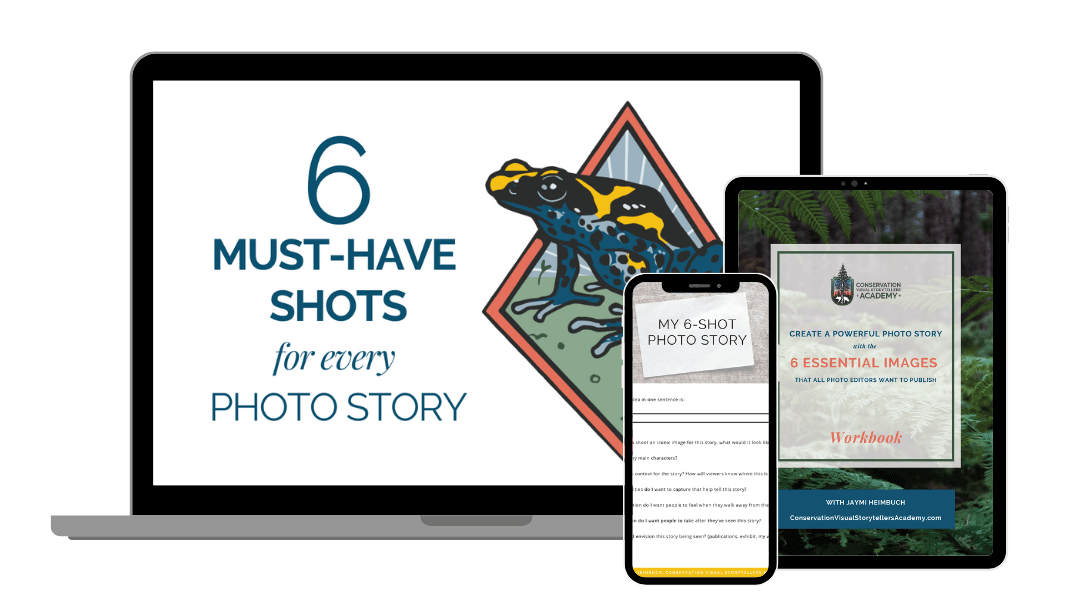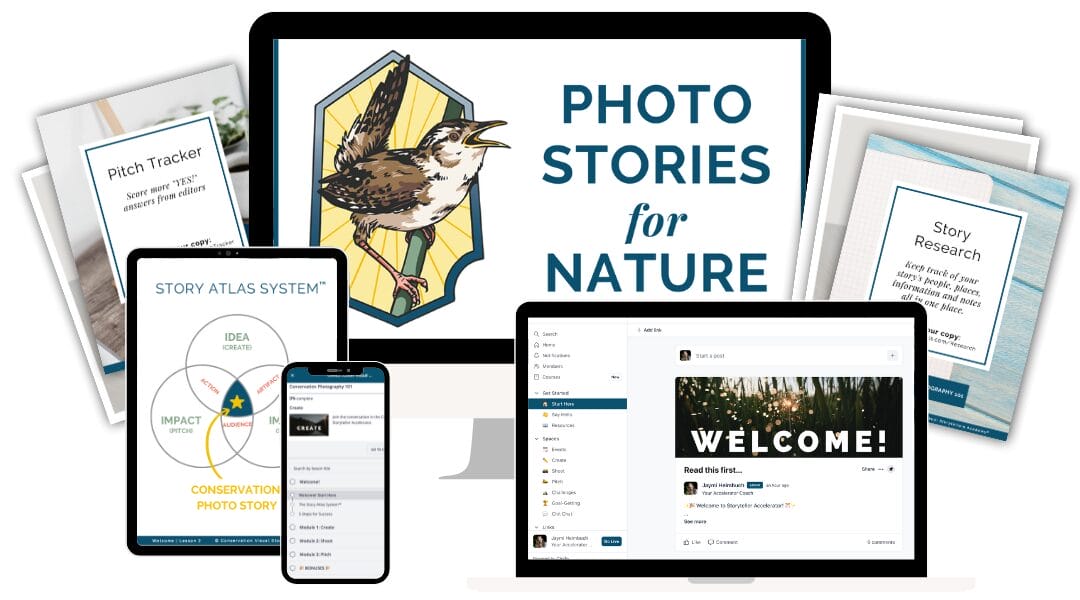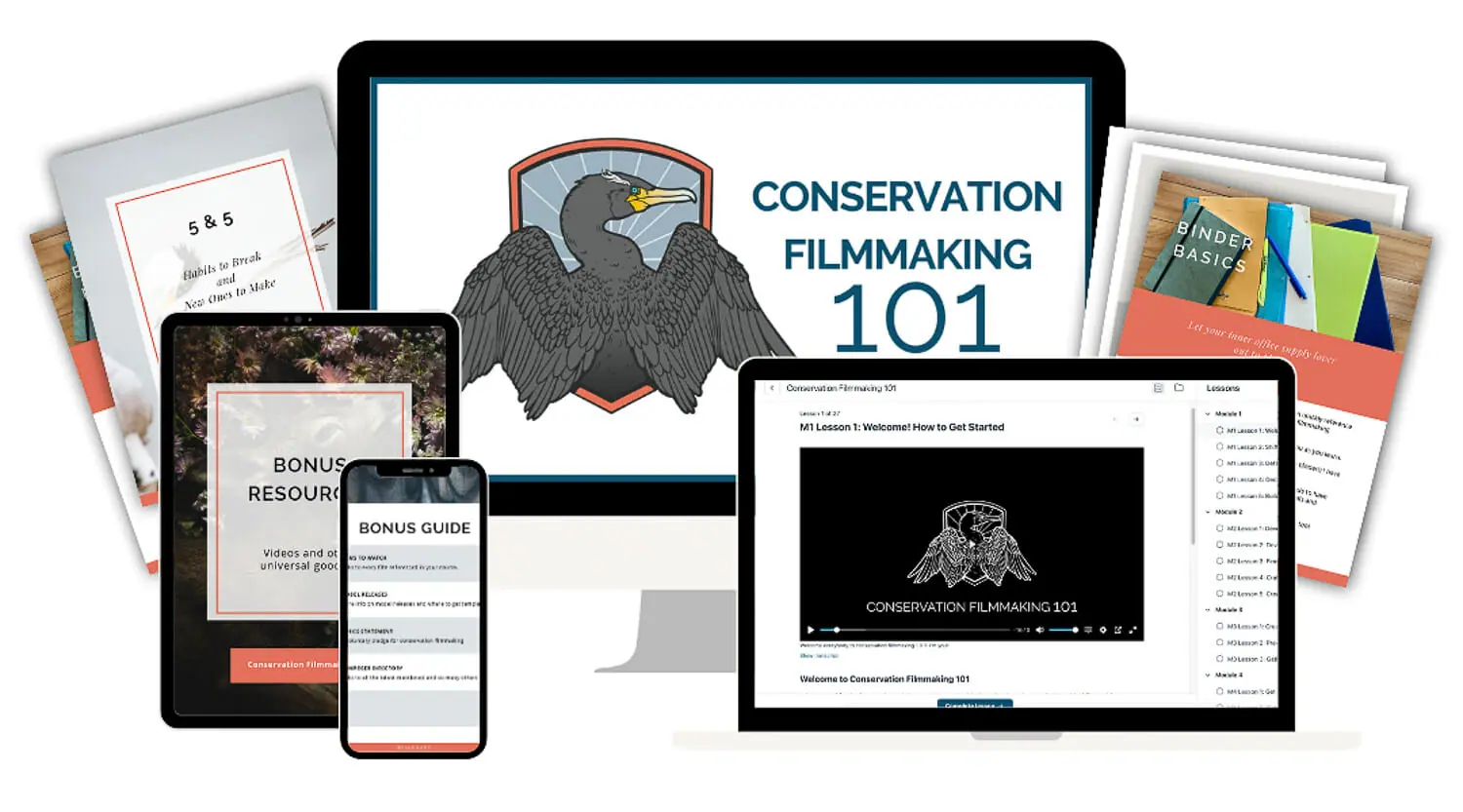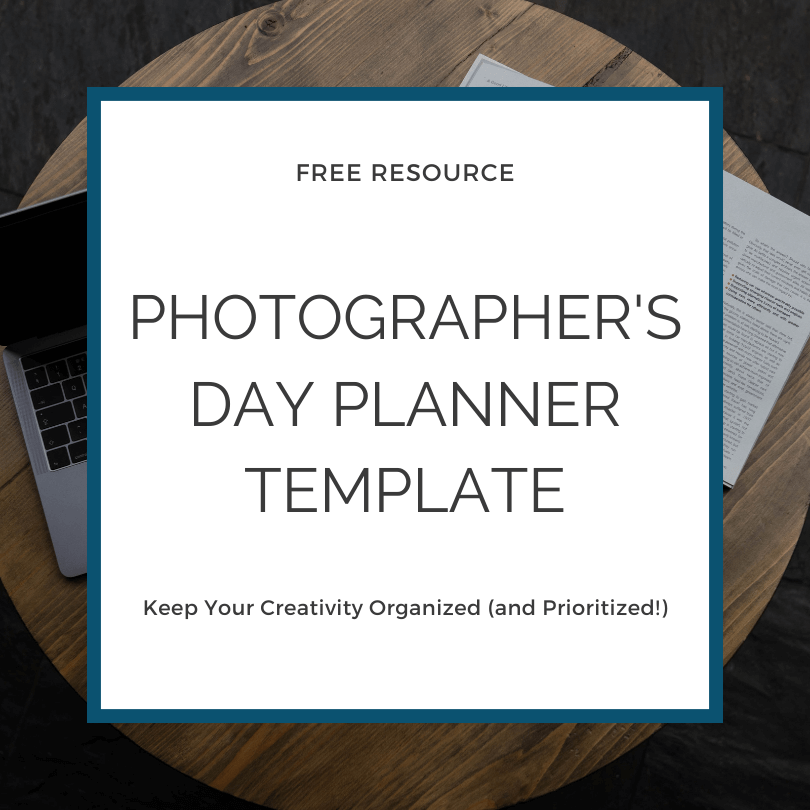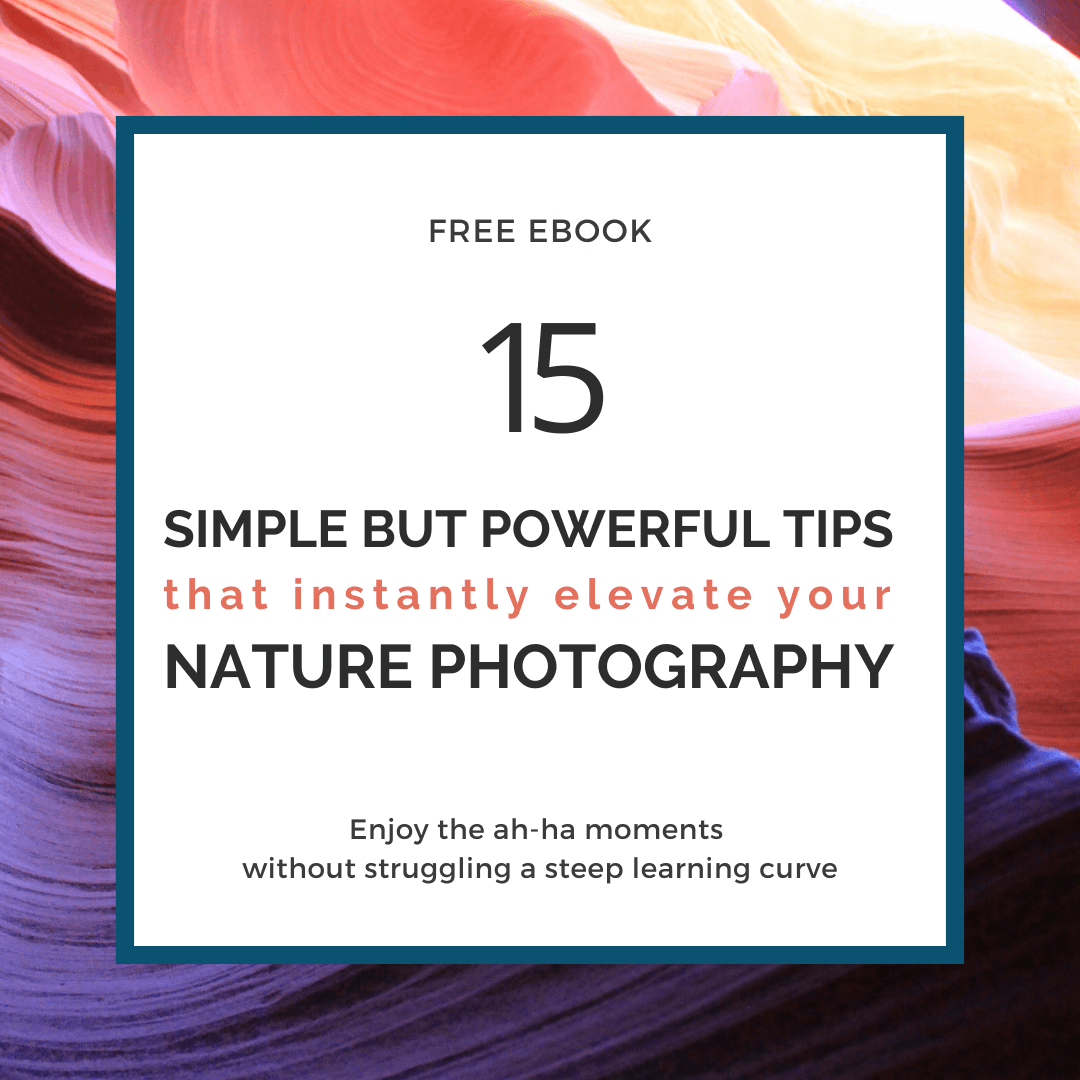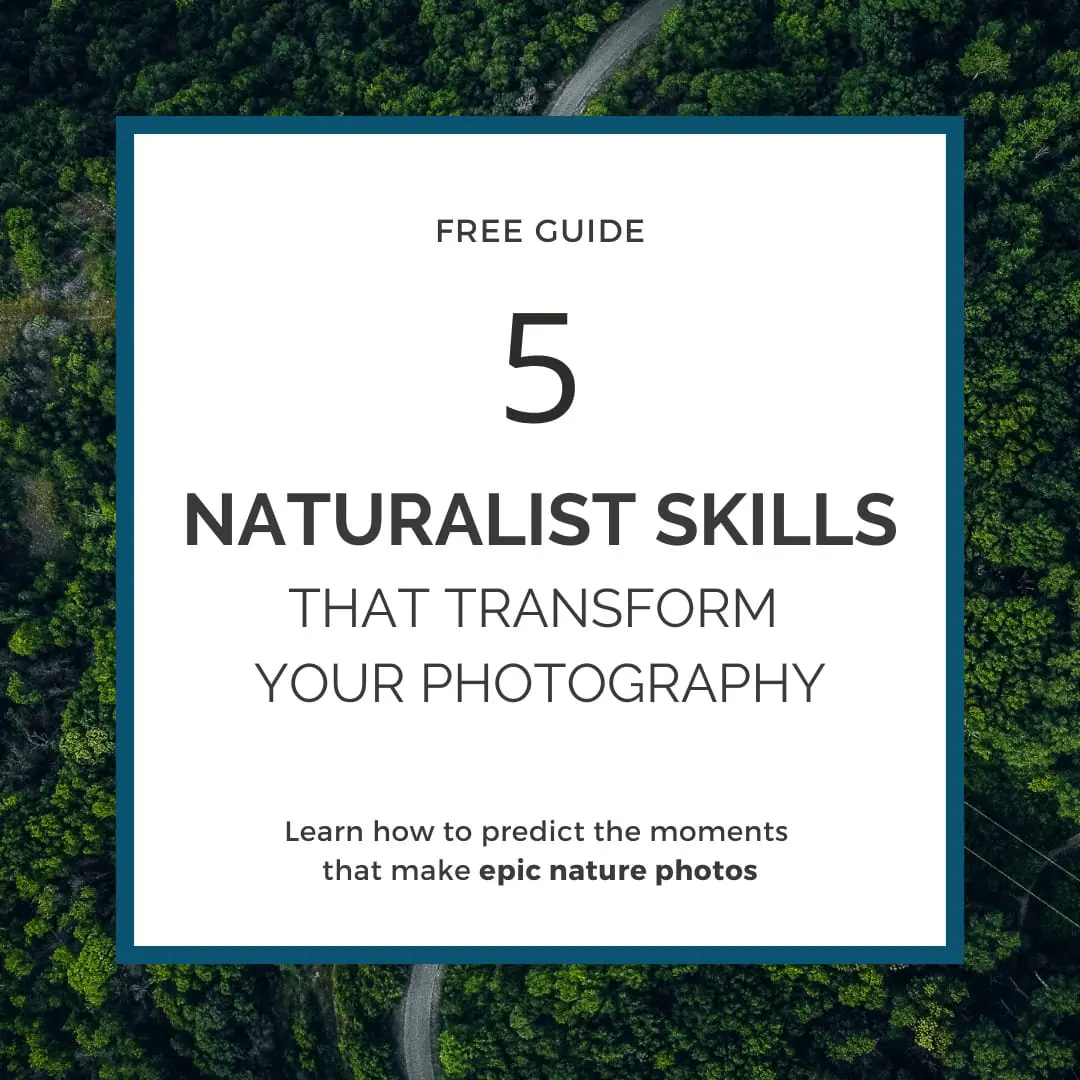3 Secrets to Building a Career-Boosting Community Inside Conservation Photography
Being part of a community that speaks your language and supports your work is one of the most critical components of a successful career as a conservation photographer.
Community is foundational to success
Without a doubt in my mind, I wouldn't be where I am in this moment if it weren't for the supportive and inspiring community of friends and colleagues I'm lucky enough to be part of as I work inside conservation photography. This niche is a very unique one, with our own oddball challenges and creative highs and lows.
To get anywhere, you need connections – but not just professional connections. You need real relationships.
While the list of reasons why community is so essential is a very long one, there are three reasons that float to the top:
- A community understands where your head is at when it comes to brainstorming story ideas, project ideas and shot ideas. Since you’re in a certain creative field all together, they get what it means to really hash out a creative strategy or navigate challenges in the field.
- A community shares resources, from editor contacts and referrals to insights about publications, pricing your work, dealing with clients, or what to do in different circumstance. You know you’re not alone or starting from square one, ever.
- A community understands the ups and downs. When you gain an accomplishment that the rest of your friends and family think is nice and politely smile and nod, your community knows what a big deal that is and can celebrate properly alongside you.
So how do you build up this kind of career-boosting, supportive community?
It's all. about what YOU put into it.
An outstanding community is built up through your actions, and how you approach being a member. In this episode, I walk you through the three secrets.
You'll Learn
- Give first: Why it is essential that you provide what you can to the community before you ever ask for anything from it.
- Give more than you expect to get: It's all about the right attitude, which benefits both you and your community members. Only when you have an attitude of contributing over collecting, can you build up the relationships that will be so powerfully helpful when you are in need.
- Share stories and experiences, not advice: This approach is key to building relationships while providing help. Learn how to avoid the risk of shutting down communication, and instead create camaraderie by how you share information.
Episode 010: 3 Secrets to Building a Career-Boosting Community Inside Conservation Photography
Shownotes: ConservationVisuals.com/10
(Digitally transcribed, please forgive any typos)
________________
Jaymi Heimbuch: If someone were to ask me, Hey, Jaymi, what has been the most important thing to you in your career or your journey as a conservation photographer, I would have to look them in the eye and reply, Community. Community has been hands down the most important thing to me in figuring out how to do what I do as a conservation photographer, in figuring out everything from how to approach a story to how to technically get something done from sharing resource is and connections and network all the way down to just having really important heart to heart conversations about how to handle some of the emotional stuff that we run into in our conservation work.
Over time, I've learned that in order to build that community, that network of people who really has your back and you have their back there's a few keys to basically doing community right, and in fact, there's three really important components to being an amazing community member and in building that career boosting community that you can rely on when you need them. We're going to dive into what those three key components are to building your community so that you can find greater success as a conservation photographer.
Welcome to impact the conservation photography podcast. I'm your host, Jaymi Heimbuch. And if you are a visual storyteller with a love for all things wild, then you're in the right place, from conservation to creativity, from business to marketing and everything you between this podcast is for you, the conservation visual storyteller who is ready to make an impact. Let's dive in
So what is it that is so important about community like, Why has it played such an important role in everything that I've done to date? And why do I put so much emphasis on community? Is that more important thing than even technical skill or storytelling skill when it comes to conservation visual storytelling? Well, there's a few reasons why, first and foremost, when we work in conservation photography, we're dealing with some pretty weighty subjects and a lot of times what we do. A lot of our friends and family don't really get it. Whether it is the visual storytelling aspect moving beyond pictures into storytelling, images and crafting narratives, or whether it is our emotional connection to a certain conservation issue or our incredibly strong response to what kind of impact we actually make with our images. A lot of times our friends and our family and those who are close to us don't necessarily relate to what it is that we're doing and why we're so passionate about it. A community, however, understands where your head is at. They understand where your heart is at. So when it comes to brainstorming story ideas or project ideas and shot ideas, your community understands how to approach that. And they can really help if you figure out what it is that you need to do in order to make that impact you care so much about. And they understand why it's so important to talk things out into think really critically about that. Since you're in a very certain creative field all together, they get what it means to really hash out a strategy for a shoot or toe, overcome challenges in the fields, or to strategize about how you get your work out into the world so that it lands where it needs to land your community speaks your same language. They really understand where you're coming from and so they can provide support where even your most dear loved ones can't necessarily provide that same support, whether it's intellectual support, creative support, emotional support, whatever that might be, your community gets you
Another reason why community is so important is the you share resource is so you can actually make way more progress. And you can assist your community members in making more progress because you can share things like editor contacts, insights about publications or clients how to price your work so that you could actually be more profitable. And you can talk through challenges and budgeting. Your community understands what to do in different circumstances or how to respond in different situations. If you come up against a difficult situation in a field, you can lean on your community to talk through how you should handle that or how you should navigate through ah kind of sticky situation or something that's extra challenging. You know that you are not alone or starting from square one ever. I mean, that is just knowing that knowing and having that security about it, that's huge that's a major benefit of community.
And another reason why community is so important is that they understand the ups and the downs they understand when you have an accomplishment like you finally get a really difficult shot or you make progress and you get a certain number of downloads on a video that you know has a really important conservation message. Like what the rest of your friends and family think is nice. And they politely smile and nod. Your community knows what a big deal that is, and they can celebrate properly right alongside you. So having that group of people who you can talk with, who you can share celebrations with who you really speak the same language and who you can rely on to have resource is that you need or that you can provide resources to them and that to gather you all make major advancements in conservation, visual storytelling and conservation work. That's just such a huge part of what we do.
It's really difficult to overstate how essential it is to have that community inside of conservation, photography work. We have very unique challenges. We have very unique ups and downs to our work and that community balances us out and strengthens us and bolsters us. So how do you build that community that can help you have a more successful, more satisfying career? Like I mentioned earlier, there's three really essential things that I've learned over time that can make all the difference in having a very tight knit, very helpful community of people and for you to be a part of and respected inside that community.
Number one give first. This is really, really important when you want to be part of a community. That community is really important to you. But guess what? You have to be an important part of that community before you can benefit from it. And the way that you do that, the way that you really establish yourself as a valuable member of a community is to put yourself second. First you give What is it that you can contribute to? That community isn't knowledge. Is it coaching? Is it information? Is it being a cheerleader? Like what of you? Can you give first before you ever request anything from that community? And I know you you have so much to offer. So even if you feel a little bit like you're uncertain about your own skills or your a little bit shy or your introverted whatever it is. Trust me. You have amazing things toe offer to any community inside conservation photography. So just think about when you go into a conversation. What can you do to listen and to provide? First, that's really, really important. And I would say that's not just when you enter a community that's every single day, every single day that you are participating inside of a community. Give first before you expect to benefit from the community. So that's number one Number one has give first.
Number two, give more than you expect to get, so you are going to benefit from a community you are going to be able to ask questions or request resource is and get that from your community, but go into it with the expectation that you are always going to provide more than you receive. And this is really important for this reason when you expect to give more than you receive, then you go into your community with an attitude of being grateful and being present for others, and it creates this really amazing. Um, vibe, this amazing energy, and it keeps you in a place of feeling like you are always a contributor. You are always someone who walks in with a joy and a purpose inside of that community. If, on the other hand, you walk into a community and you expect to get more than you, then you give. If you expect to receive more from that community than you give, then you're setting yourself up. Four. Frustration. You're setting yourself up for feeling a little bit like an outsider or feeling like you are unfulfilled by that community. And it's not because the community isn't providing for you. It's because of your attitude going into it. If you go into a community feeling like you are there to give and when you need it, you know you will request information or your request resources or conversation or celebration or whatever it might be. But if you go in with the attitude that you're always gonna give more than you expect to get out of it, you just go into your community with an amazing attitude that will serve you so well. As time goes on. Think about it as going in with an attitude of gratitude rather than an attitude of expectation and frustration.
There's one more really important aspect of going into a community giving more than you expect to receive back. And I really want to hammer this home. Going in with that attitude does not mean that you won't get back every bit as much, if not more, than you provide to your community. That will happen. But here's the funny thing is it only happens when you have this attitude by always approaching community with an aura of giving. People want to give back to you when you need it, and you might need it at some really unexpected times. So, yes, there's times when you have a really important launch or you are working on a story that you really need help with, and you're gonna ask for help then and your community will be there for you. But here's an example of how my community had my back in a very surprising way.
So a few years ago, um, I had a personal upheaval, and I found out that my marriage was ending, and this happened shortly before going to a photography conference where I was gonna be around a lot of my friends inside the conservation photography community. So when I showed up to this conference, I was obviously, you know, in a very weird emotional head space. And as I let my friends in the community you know, on this one on one basis, as the conference went on, without fail and without hinting or prompting or anything, every single person who I said, Yeah, you know, I just found out my marriage is any. I'm gonna be getting a divorce. Every single one of them said, Oh, you can come stay at my place if you need a place to stay. My couch is available to you every single person in my community who I told offered me a place to go and be whether it was for days or weeks or however much time I needed. That's an amazing thing to build up a community of people who you expect or your work colleagues or, you know, on a professional basis they're there for you and you find out No, they've got your back no matter what, and this happens when you go into your community with an expectation that you are there for them all of a sudden when you need them to be there for you, they are. They want to give back to you because you have always been there for them. You have always made yourself available for them. So now when you need help, no matter what it is, they've got you right. So that's why this give more than you expect to get is such an important attitude to have as you build up your community.
So that's number two, give more than you expect to get. So number one give first number to give more than you expect to get. And Number three. This is really important. Number three share stories and experiences. Not advice. Because when you share stories and experiences, you build relationships and you assist through conversation.
When you give advice, you're setting up a very different kind of relationship where one person is the expert and the other person knows lesson is the recipient of knowledge that sets up a dynamic that makes sense. If you are in a training situation or ah, mentoring situation or coaching situation or something, where that dynamic of expert and knowledge recipient makes sense, but in a community, it doesn't necessarily work out well all the time. It sets up a dynamic that can actually be a little bit damaging to that community. That relationship building inside of a community. You build relationships through, sharing information via stories and experiences. So let me give you an example. If someone says, Man, I don't know how to approach this story I feel like I just don't really get the core of the story And I need to figure out how to find out more information. Well, you could go out this two ways. You can say, Well, this is what works. What you do is step a step, be steps see and step D, and that's how you get things done and that person might kind of receive that information. But it's up to them to figure out how to fit that information, that advice into their situation. And they're looking at you and kind of thinking man, that's a really rigid way to approach this. I'm not really sure. Or maybe they're looking at me like Oh my gosh, that's the right way to do it. I'm doing things all wrong. Then they end up kind of second guessing their own abilities.
The other way that you could approach that is by saying it's, you know, that's really interesting. So here's a couple of things that have worked for me when I've had a challenge in getting toward that core of a story, and I really need to discuss out more information. Here's here's a couple approaches that I took that worked. Ah, and then this might work for you. Or we could figure out what else might work for you. But here's my story, and when you approach it that way, then you approach each other on equal footing and you are sharing in conversation That is really constructive. So it's just a very more friendly, more community oriented dynamic that can actually be a lot more productive. You aren't shutting anyone down by saying, This is how you do it via advice, but rather you are approaching someone insane. Here's what's worked. Here's what hasn't worked for me. Let's figure it out and you're approaching it with the stories and experiences that build up relationships. So that's number three. So number one give first number two give more than you expect to get and number three share stories and experiences, not advice in order to build relationships while providing help.
So those are three really, really critical ways to build up that community around you that can be so essential to a successful, happy career as a conservation photographer, a career in which you feel like you are fully supported and that you are there to support others, that you feel like you're part of something greater, and you are indeed part of something greater. I'm always very careful to build these principles into the communities that I manage, and it makes such a huge difference when you really set up that vibe, that energy, that expectation, that this is how we roll as a community. It makes all the difference in everyone feeling very welcome and open to talking about whatever challenges they're facing are working things through, no matter where they are on their journey.
So if you're fairly new to conservation photography and you feel shy or you feel uncertain about diving into conversation, or if you feel nervous about asking for information from people who are more experienced than you, I can guarantee you that if you go into a community and you practice thes three principles, you are going to fit right in and find so many new friends and colleagues who are there to really support you. And it gives you so much more confidence as you move forward inside of your work in conservation photography.
Now there is a free Facebook group where you can see all of this happening on a daily basis. The group that I run is called Conservation Photographers, a community for creativity and support, and you'll find a link to join the Spree Facebook group inside of the show notes. And this community really shows all of these principles. Indeed, it's built into the fabric of this community. We are all there to support each other in our work to provide every bit as much as we hope to ever get out of this group. And through that attitude, we all find a ton of success and great conversation and lots of fun and friendship and just tons of inspiration. So I invite you to come and check out conservation photographers, join the community, join into the conversation, and I cannot wait to see you in there, and meanwhile, I will talk to you next week
Before we wrap up. I would love to ask you to do one quick thing. Subscribe to this podcast as a subscriber, you'll not only know when each week's episode those live, but you'll also get insider goodies like bonus episodes. You might miss them unless you're subscribed and I don't want you to miss out on a thing. So tap that subscribe button and I will talk to you next week.
________________
Impact: The Conservation Photography Podcast
JaymiHeimbuch.com/Podcast
